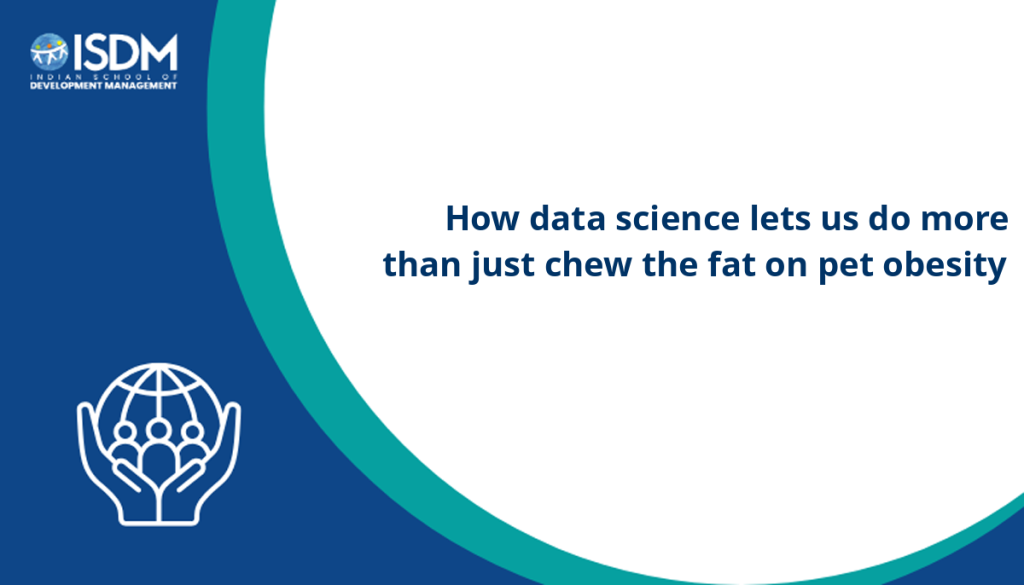Home > Development Management > How data science lets us do more than just chew the fat on pet obesity

Interested in the full story?
Access the complete case study to learn more
Darren Logan
No ratings yet
|
|
Thank you for Signing Up |

